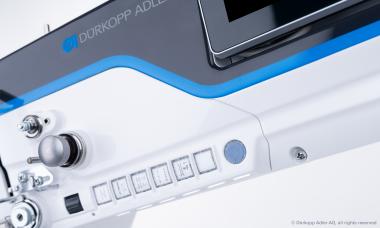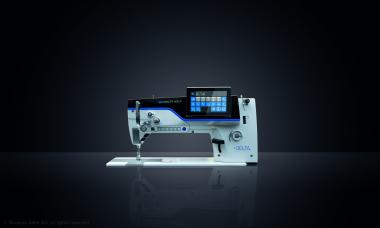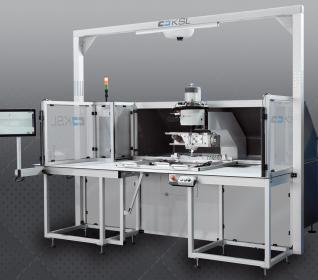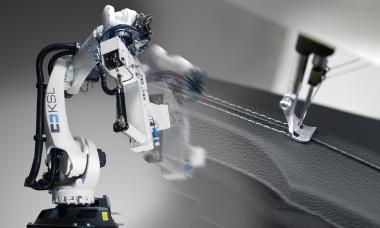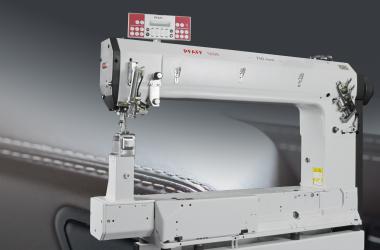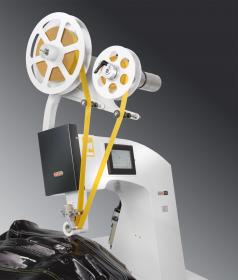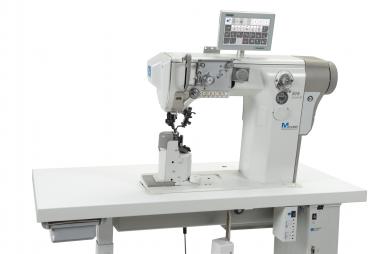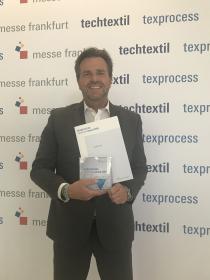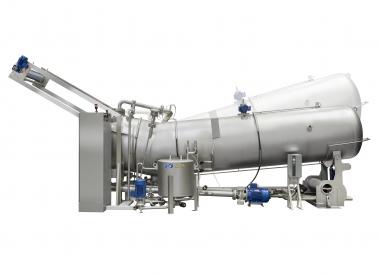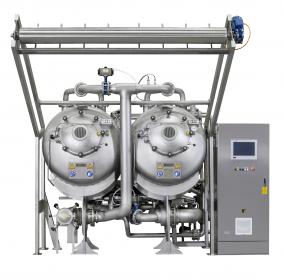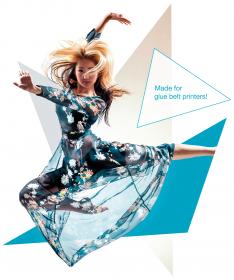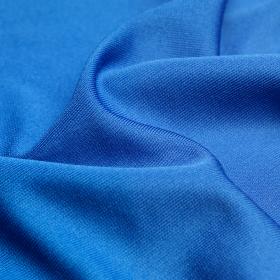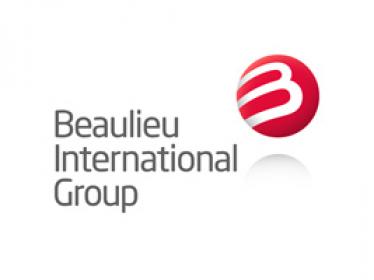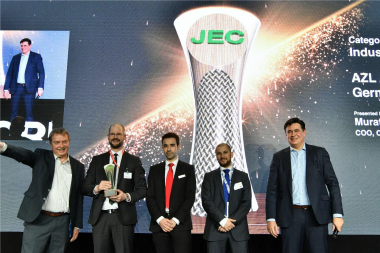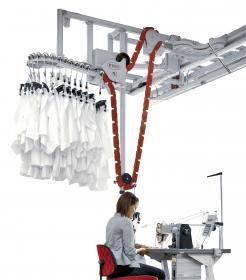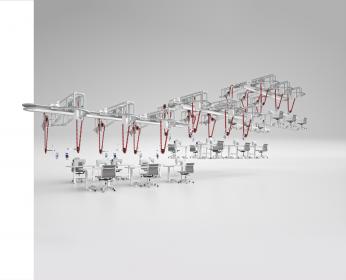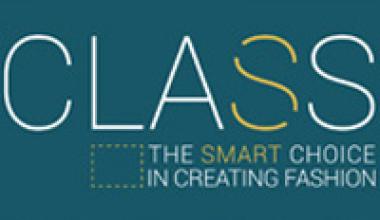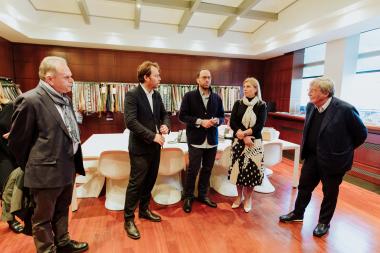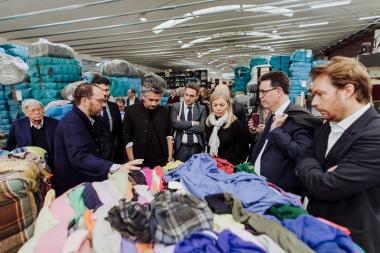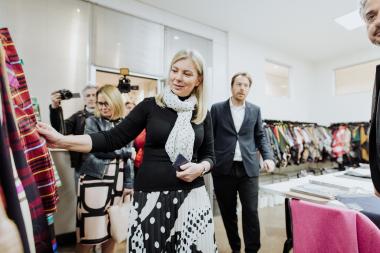PG DENIM starts from Milan to take on the premium market.
Research and restoring of ancient tradition to shape a denim style which is always cutting-edge, focusing on a 100% Italian supply chain and on the outstanding quality of materials and processes.
“Ciao Milano”, the new edition of the Denim Première Vision show, for the first time in Milan (28-29 Maggio 2019), includes among its protagonist the project signed by Paolo Gnutti, aka PG DENIM. The company, under Gnutti’s creative guidance, has restyled its proposals, with two clear objectives in mind: on the one hand expanding its presence on the high-end denim market, focusing more and more on a bespoke approach and on product innovation, on the other side the ambitious goal of manufacturing one million metres of fabric in the year 2019.
This path of constant research is combined with a totally integrated and 100% Italian manufacturing structure, in order to give the market not just new products, but also new “tools”, says Paolo Gnutti, R&D Head at PG DENIM:
“We are targeting the market section where production always requires thinking out of the box, which feeds the imagination of those who are asked to transform it. Our approach is often made of provocations, suggestions, reflections, through continuous research which leads us to designing frequent and always innovative capsule collections”.
A creative input which almost always results from situations and pathways which bring back the creativity of
PG DENIM, to rediscover techniques and processes of the great Italian and international tailoring tradition.
Menabò Group




